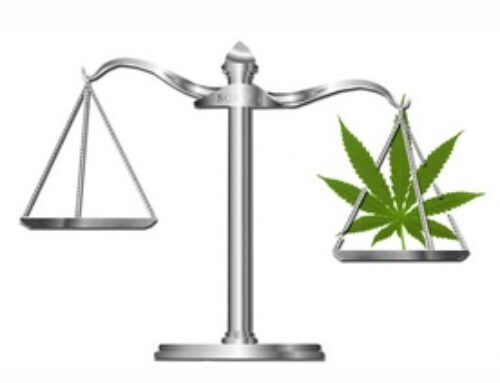In a landmark decision, a state legislature has approved a comprehensive initiative aimed at regulating cannabis users. This move marks a significant step forward in the ongoing effort to manage and control cannabis use, ensuring both public safety and individual rights. The initiative encompasses various aspects of cannabis regulation, including possession, cultivation, distribution, and consumption, reflecting a growing recognition of cannabis’s role in contemporary society. Follow our articles to know how to get legal cannabis in Madrid
Key Provisions of the Initiative – Legal cannabis in Madrid
The approved legislative initiative includes several key provisions designed to regulate cannabis users effectively:
1. Legal Possession Limits
The initiative sets clear guidelines on the amount of cannabis an individual can legally possess. For recreational users, the limit is typically set at one ounce (28 grams) of dried cannabis or its equivalent in other forms, such as edibles or concentrates. Medical cannabis patients may have higher possession limits based on their prescription needs.
2. Home Cultivation Regulations – Legal cannabis in Madrid
Recognizing the desire for personal cultivation, the initiative allows adults to grow a limited number of cannabis plants at home. Typically, individuals can cultivate up to six plants, with a maximum of three being mature (flowering) at any given time. Strict rules are in place to ensure that home cultivation remains private and secure, such as requiring plants to be grown in locked spaces out of public view.
3. Licensing and Regulation of Retail Outlets – Legal cannabis in Madrid
The initiative establishes a licensing framework for cannabis dispensaries and retail outlets. Businesses seeking to sell cannabis must obtain state-issued licenses, adhere to strict operational standards, and comply with local zoning laws. This regulation ensures that cannabis sales are conducted safely and responsibly, minimizing the risk of diversion to illegal markets.
4. Quality Control and Safety Standards
To protect consumers, the initiative mandates rigorous quality control and safety standards for all cannabis products. This includes testing for potency, contaminants, and accurate labeling of ingredients. Licensed producers and retailers must comply with these standards to ensure that cannabis products are safe and reliable for users.
5. Public Consumption Restrictions
While the initiative legalizes cannabis use, it also imposes restrictions on public consumption. Similar to alcohol regulations, consuming cannabis in public places, such as parks, streets, and businesses, is prohibited. Designated consumption areas, often referred to as cannabis lounges or clubs, may be established to provide safe and controlled environments for use.
6. Employment Protections
The initiative addresses concerns regarding employment and cannabis use. It includes provisions to protect employees who use cannabis outside of work hours from discrimination, provided their use does not impair job performance. Employers retain the right to enforce drug-free workplace policies, particularly for safety-sensitive positions.
7. Driving Under the Influence
To enhance public safety, the initiative sets strict penalties for driving under the influence of cannabis. Law enforcement agencies are equipped with tools and training to detect impairment, and legal thresholds for THC levels in the bloodstream are established. Public awareness campaigns are also planned to educate drivers about the risks and legal consequences of impaired driving.
8. Medical Cannabis Provisions
For medical cannabis patients, the initiative provides specific protections and access. Patients with qualifying conditions can obtain medical cannabis cards, allowing them to purchase cannabis from licensed dispensaries at reduced tax rates. The initiative ensures that medical patients have access to the strains and products needed for their treatment.
Impact on the Community
The approval of this legislative initiative is expected to have several positive impacts on the community:
- Economic Growth: The regulated cannabis industry is projected to create jobs, generate tax revenue, and stimulate local economies.
- Public Health: By ensuring the safety and quality of cannabis products, the initiative aims to reduce health risks associated with unregulated markets.
- Criminal Justice: Decriminalizing cannabis possession and use can alleviate the burden on the criminal justice system and reduce incarceration rates for non-violent drug offenses.
- Education and Prevention: Funding from cannabis taxes will support education and prevention programs, particularly targeting youth and addressing substance abuse issues.
Conclusion
The approval of this state legislative initiative represents a balanced approach to cannabis regulation, aiming to protect public health and safety while respecting individual freedoms. By setting clear guidelines for possession, cultivation, distribution, and consumption, the initiative provides a framework for the responsible use of cannabis. As the state moves forward with implementation, ongoing evaluation and adjustments will be crucial to address emerging challenges and ensure the initiative’s success in creating a safe and equitable cannabis market.
See our referencias in Guiaconsumo







